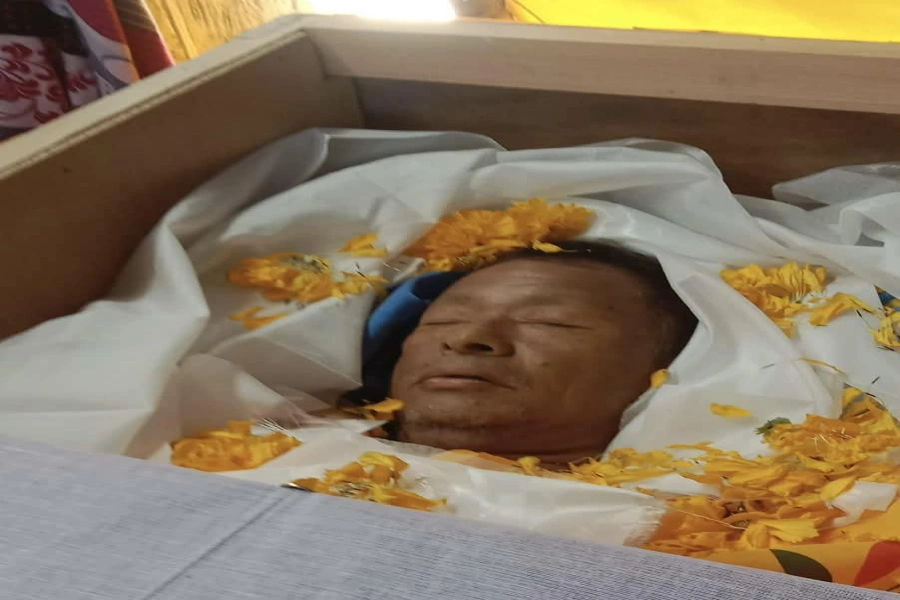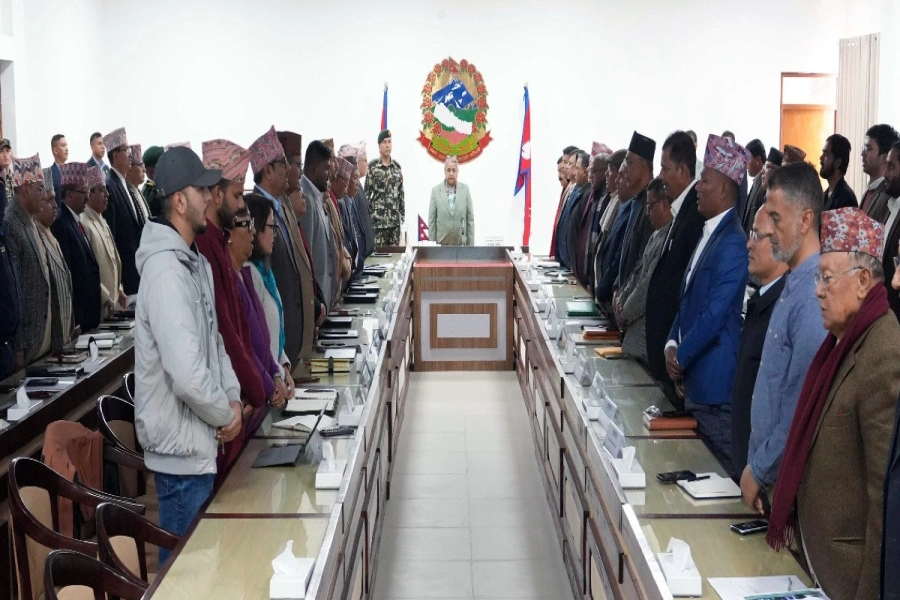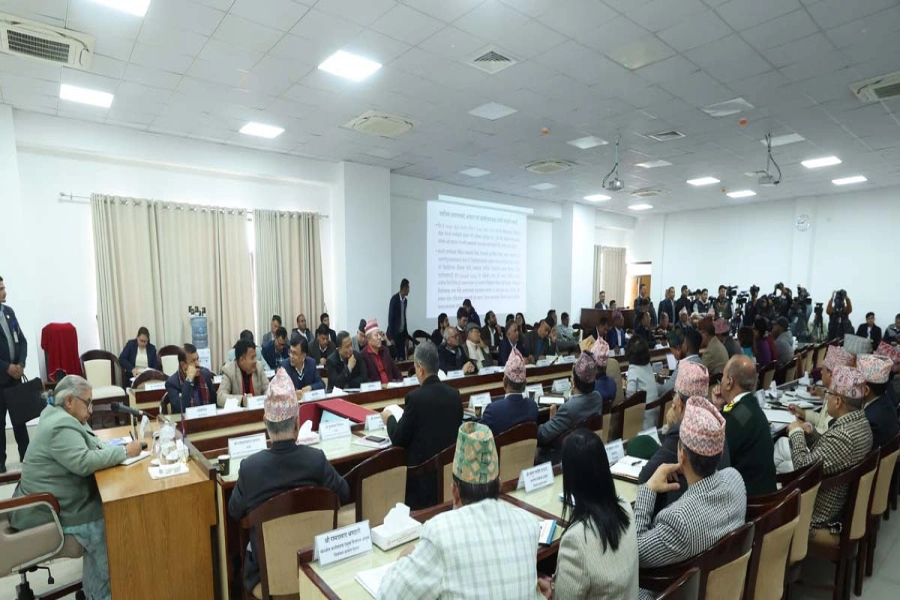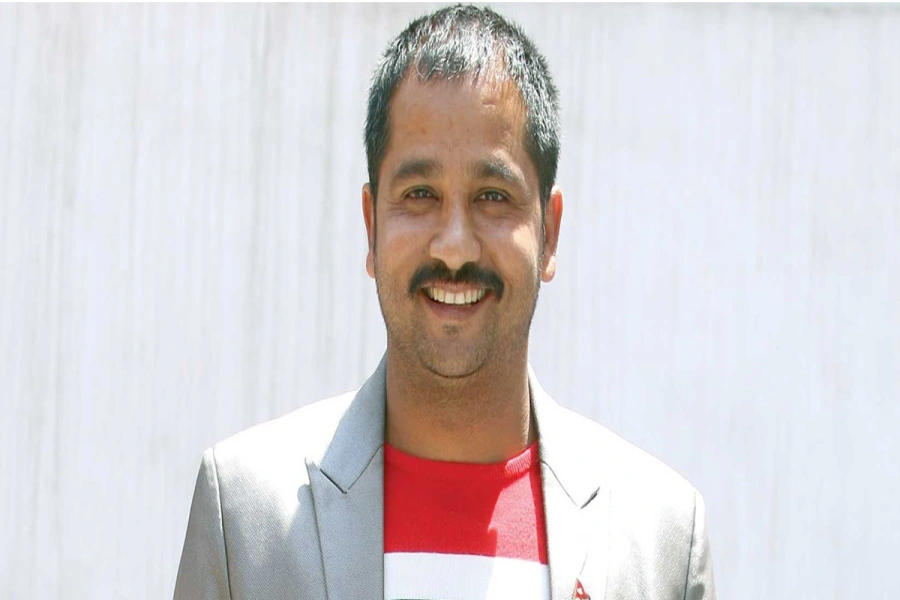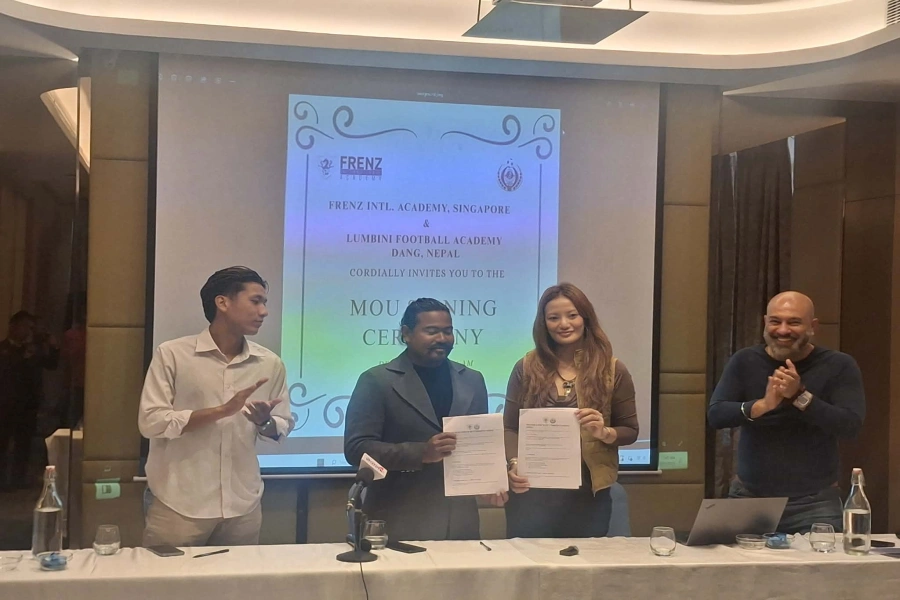The Nepali Congress (NC) and the CPN-UML, two of Nepal’s major political parties, have decided not to enter into pre-poll alliances for the next general election, scheduled three years from now. Both parties’ internal committees have already backed this decision to contest the election independently. The NC’s Central Working Committee (CWC) has approved key proposals, while the UML is also aligning its organizational strategy toward the upcoming election. Both parties are currently engaged in extensive internal discussions to finalize their electoral strategies. This decision is crucial for the country’s political stability. Forming pre-electoral alliances has often compromised voters' ability to cast votes in favor of their preferred party. For example, NC supporters were sometimes forced to vote for candidates from the CPN (Maoist Center) due to alliances, leading to an inflated mandate and distorting the true popularity of individual parties. By deciding to contest independently, NC and UML are setting the stage for a clearer, more representative electoral outcome, allowing voters to express their genuine political preferences.
Supreme Court’s laudable intervention
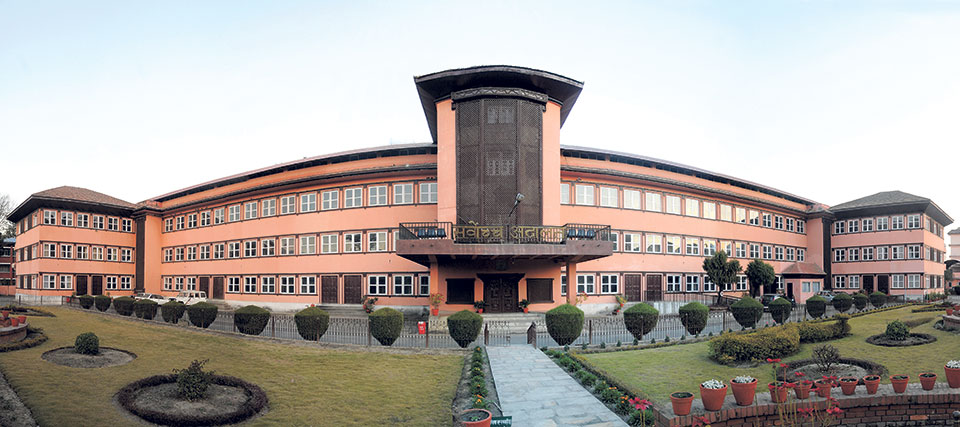
Furthermore, the decision to shun pre-poll alliances could reduce the undue influence of smaller, fringe parties. In recent years, such parties have wielded disproportionate power through their strategic positioning in alliances, even taking leadership roles in government despite receiving a relatively small share of the popular vote. This imbalance has distorted the workings of Nepal's parliamentary democracy, where the largest party is supposed to lead the government, with the second-largest party in opposition. Instead, alliances have allowed smaller parties to gain more power than their electoral support would typically afford them. In this sense, the independent approach of both NC and UML is a positive step toward correcting this imbalance. The UML, in particular, has launched several organizational campaigns under its "Mission 2084" initiative, aimed at securing a majority in the 2027 election. The NC is similarly preparing for an independent contest, with leaders like Shekhar Koirala and General Secretary Gagan Thapa pushing for the party to rely on its own resources and organizational capacity.
In a multi-party democracy like ours, the formation of coalition governments is almost inevitable. Yet, pre-poll alliances are making the formation of coalition governments a difficult proposition. Both parties’ decisions reflect a broader trend toward self-sufficiency and a departure from the coalition politics that have dominated Nepal’s recent electoral history. The party that emerges as the largest in the election may form an alliance with smaller parties, if it fails to secure the requisite majority of seats, after the election. This is a healthy practice in any multi-party democratic system. In this sense, the decision of NC and UML to avoid a pre-poll electoral alliance can be seen as a necessary correction, restoring the electorate’s right to vote according to their true preferences and providing a clearer mandate for the next government. By contesting the election independently, both NC and UML will be able to give voters a more transparent choice and aim for a more stable, balanced political environment. This shift away from alliances could lead to a stronger democratic process, where each party stands on its own merits, and the results reflect the true will of the people.



